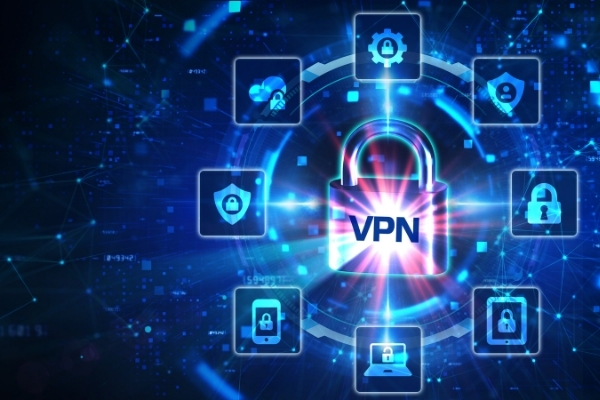Virtual private network services (VPNs) may be on the verge of being banned in India, as the Parliamentary Standing Committee on Home Affairs considers them a threat to combat cyber threats and other illicit activities.
According to media sources, the Committee underlined that VPN programs and tools for cybercriminals to remain anonymous online are widely available.
Which is not available in any nation, and the location of the VPN also changes. As a result, a ban on its use is demanded (VPN Ban in India).
According to the study, the committee advises permanently prohibiting VPN services in the country with the assistance of Internet service providers in India.
The committee has requested that the Ministry of Home Affairs identify and permanently disable the VPNs. The Committee suggested that the government, in concert with international agencies, employ a “coordination mechanism” to limit the use of VPNs in India.
However, it has not yet been determined when it will be prohibited in India.
What is VPN
Virtual Private Network (VPN) is the name of network technology that creates safe connections in public networks like the Internet and private networks like Wi-Fi. VPNs are an excellent way to secure your network and protect your personal information from hackers.
People that work online, such as businessmen, organizations, educational institutions, and enterprises, utilize VPN services to protect their sensitive data from unauthorized users.
VPN protects all forms of data, including both necessary and non-essential data. Those who are ordinary people who use the internet to browse can also utilize the VPN service by downloading the VPN app to their phone or computer.
Why VPNs are so popular
The most vital function of a VPN is to keep your connection or all of your internetwork secure.
Along with that, the most significant benefit of using a VPN is that whatever restrictions exist on the internet, such as some websites that we cannot access in our nation, we will be able to visit such websites simply with the help of a VPN.
That is, you can now access a website that you were before unable to access using VPN.
When we connect our device to a VPN, it acts as a local network, and anytime we search for a website in our phone’s browser that is blocked in our country, VPN does its job. begins.
Sends the user’s request to the server of the blocked website through VPN, and then displays all of the website’s content and information on the user’s device.
When you connect to another country’s VPN while staying in one country, the work is done by tunneling, which is extremely simple because that website is not blocked in that country, which is in our country, and then you are there.
When connected to the VPN, a network link is made between that VPN and your VPN that stays encrypted, ensuring that no one can steal personal information from that network, and you may then visit the website using that VPN.

